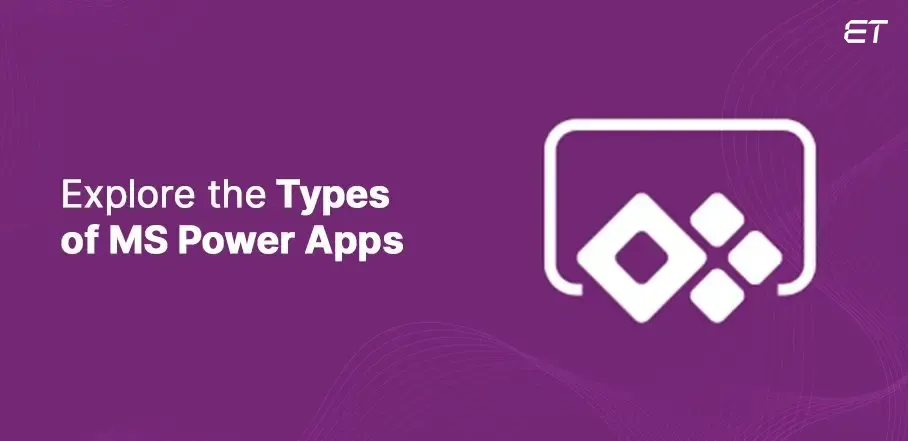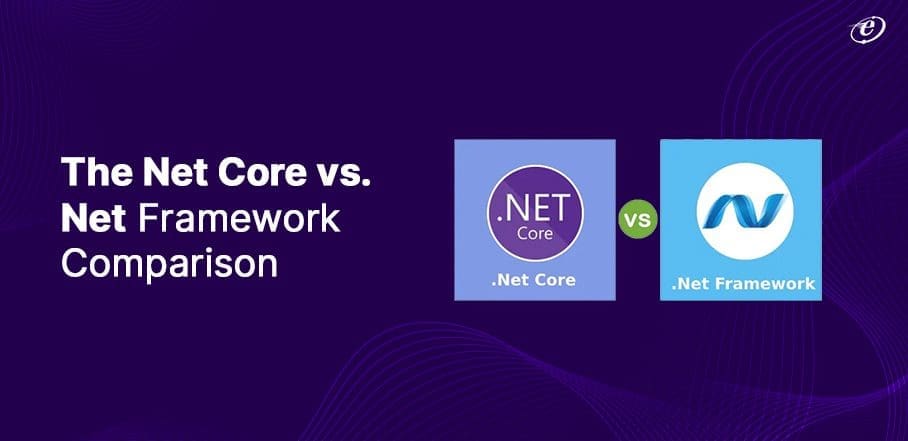
.NET Core vs .Net Framework: A Head-to-Head Comparison
The .Net Core vs .Net Framework comparison is popular in the IT sector. Why?
Well, most individuals feel that both these terms are interchangeable. However, you should note one crucial aspect – net framework and net core are entirely different.
So, when you plan on developing a net app, it is crucial to choose the most suitable cross-platform framework. Knowledge of the utility and differences between the two net applications can prove crucial in defining your project development speed.
Hover ahead to know more about .net core vs .net framework. Also, do not forget to check the frequently asked questions at the end of this net core vs .net framework blog.
Understanding the Concept of .Net Core
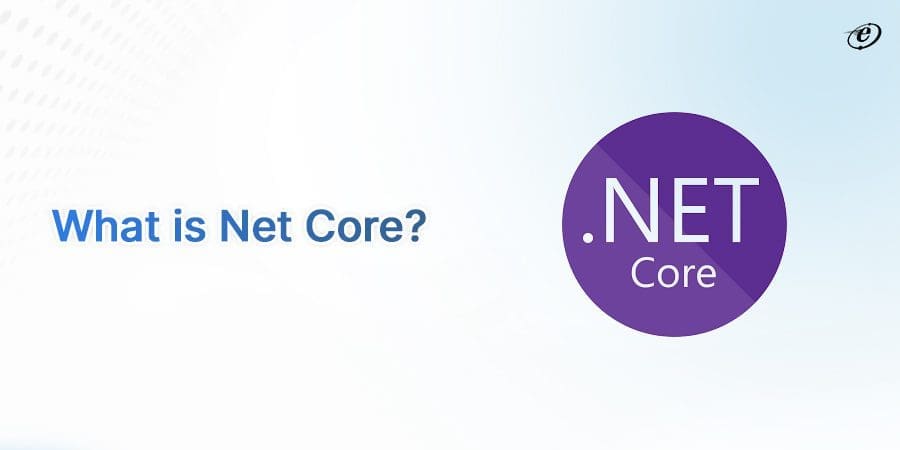
Both net core and net framework fall under the category of .net C# tech stack. Around 19.5% of global developers prefer working with skills specializing in the net core.
.net core is the latest net framework platform from Microsoft. It is a vital cross-platform framework that helps developers create a wide variety of web applications, from mobile apps to desktop software.
Here are some of the main pointers that you should know about this cross-platform net tool:
- Net core is free to use net framework
- It is compatible with operating systems (OS) like Windows, Linux, and macOS
- The net core includes asp.net and a universal Windows platform
- This framework is suitable for cross-platform needs as it has top-class libraries like C#, F#, and visual basic
- This modular framework does not have features like code access security
Most net developers prefer this framework due to its lightweight command line interface.
Knowing .Net Framework at a Glance
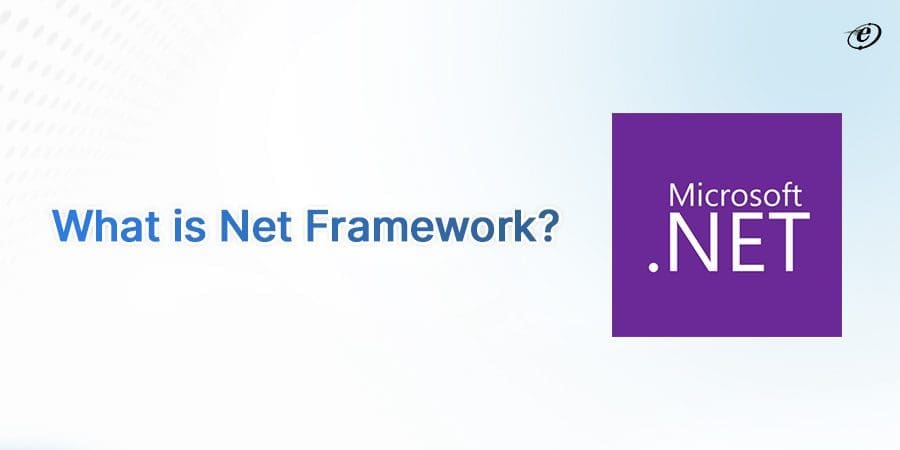
This cross-platform framework is a platform that helps create applications that run on Windows operating systems. This software includes both web applications and desktop apps.
The net framework applications keep up well with asp.net, Windows Presentation Foundation (WPF), Windows Communication Foundation (WCF), and Windows forms. As a result, it is the most popular net framework technology, with nearly 29% of professionals believing in its high utility.
Take a look at the main pointers of net framework to understand the concept of this software development platform:
- In most cases, this open-source framework is useful for developing enterprise-level web applications
- It has the important feature of code access security
- Net framework is only compatible with the Windows OS
- This framework has services like networking, security, APIs, application deployment, and data structures
Overall, most developers prefer working with net framework technologies if they want to create apps for the Windows operating system.
Key Differences between.Net Core and .Net Framework
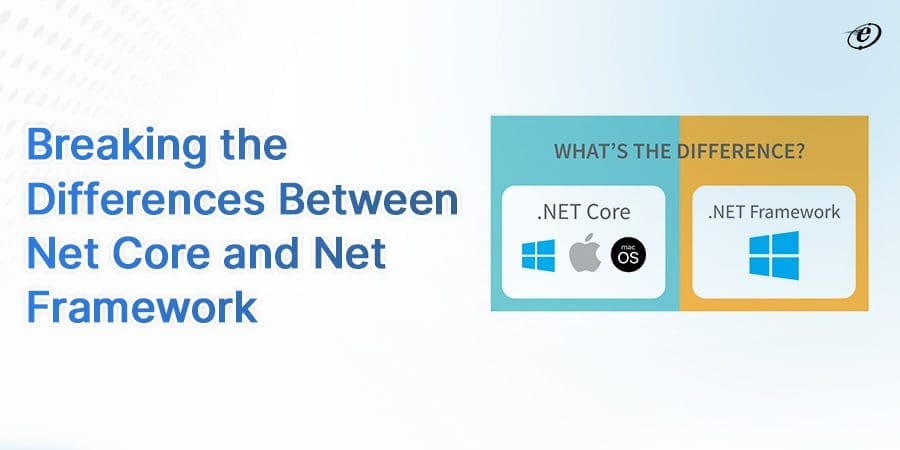
Explore this section to understand the key differences between the two main technologies in the net ecosystem.
Performance of the Two Net Platforms

With net core replacing most tech frameworks, it is evident that this platform performs well with most modern applications. Hence, your software development process becomes smooth.
The biggest benefit of the net core is the ability to develop apps that are cross-platform. In simple words, the web applications that you develop using net core can run on various platforms like Linux, Windows, and MacOS.
Net framework has an extensive library, and developers can use various programming languages to create top-notch web or mobile applications. However, the difference in this framework is that it has its utility in the Windows operating system. Still, performance-wise, both net applications provide high-class and efficient output.
Nature and Collection in Libraries
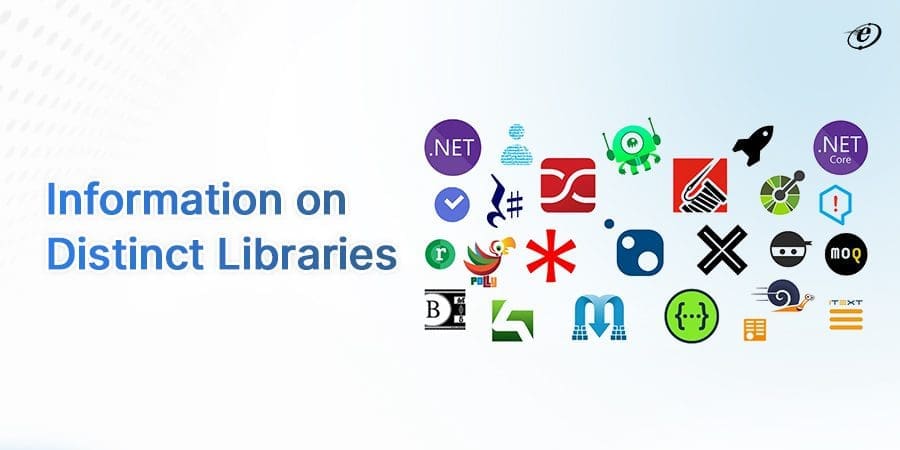
The net core platform is an open-source framework that has several ready-to-use components. Notably, the web apps that you develop using such a net ecosystem can offer more features due to the use of customizable elements.
Notably, the use of CoreCLR enhances its utility to a great extent. Developers receive an integrated development environment to create online and mobile apps.
The net framework has tools like Visual Studio that offer IDEs. So, the visual studio code experience is quite smooth. It is possible to make the overall user experience of a cross-platform app fluent. So, the libraries are more compact in this case, enabling the developers to create high-performance apps.
Types of Net Framework Applications
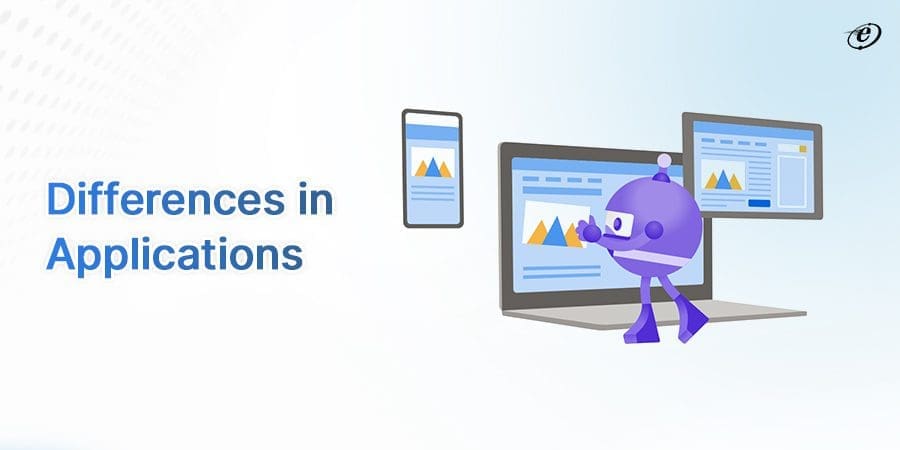
In the case of Net Core, web services can run on multiple platforms. However, the net apps do not support desktop platforms. They can still be compatible with windows universal apps and mobile applications.
The net framework offers more versatility in application development. You can create desktop applications and web apps through such net implementations.
Such key differences between the two .net stacks are essential for developers to understand. This way, they can plan app development on multiple operating systems using entity framework core and knowledge of net runtime. These factors have a vital influence on the NET core vs NET framework performance nuances.
Web Development Microservice Support
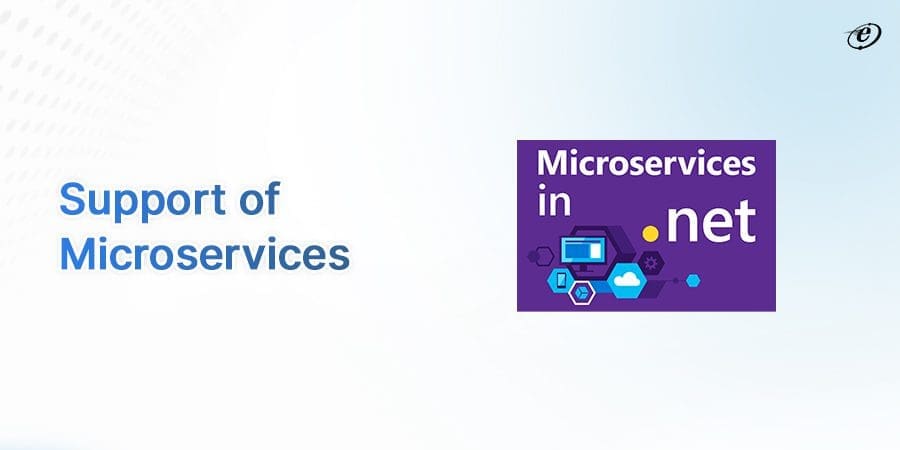
The two net versions differ in terms of microservice support. While developing applications, net core supports the seamless execution of microservices. In addition, you can continue building applications by implementing a blend of different technologies that can become great developer tools.
Notably, the use of multiple programming languages and third-party libraries enables developers to leverage net features profoundly.
In case you use a target framework like .net, there is one major limitation. Net framework does not allow the use of microservices in different languages. So, the desktop applications that you build using the CLI tools need a specific skill set and distinct knowledge.
The Net Core vs Net Framework Syntax
In .NET Core, the core C# syntax remains consistent with its predecessor. However, it has some new features such as more prevalent use of asynchronous programming with ‘async’ and ‘await.’ While not strictly syntax changes, these preferred patterns can lead to code that looks different from older .NET Framework code.
On the other hand, .NET Framework exhibits coding styles reflecting its development era. The focus tends to be on the breadth of Windows-specific APIs, which can influence the structure and style of code for this platform.
The key difference is the use of C#. Overall, it’s more about API usage than the net core vs net framework syntax.
The Reach of Devices and Platforms
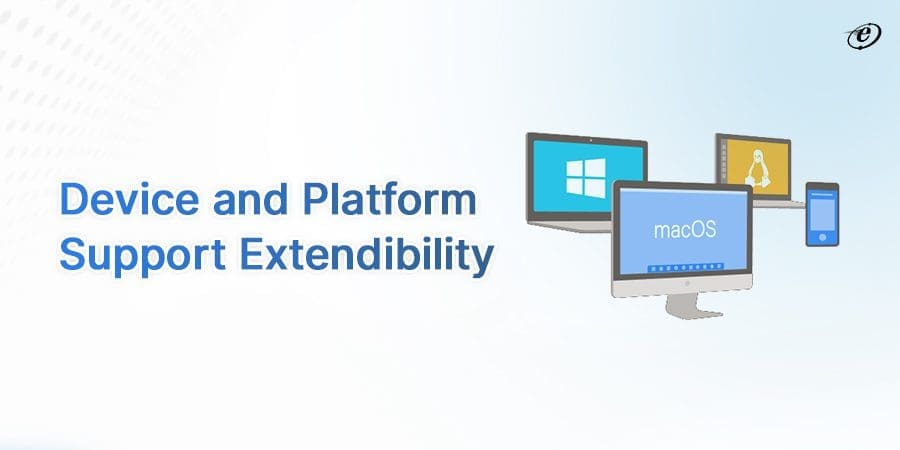
Net core works well to create applications that can include elements like machine learning, IoT, AI, and other components. Be it a Windows mobile or Linux laptop, developers can use apt programming languages to create compatible applications.
Net framework is limited to Windows devices. You can create specific Windows features using various server applications using this platform. For instance, it is possible to use the Windows Workflow Foundation to raise the abstraction levels of some apps.
So, the net core has a wide reach in comparison with the .net framework. Also, the latter is not useful for web services that support the development of mobile applications.
Comparing .Net Core vs .Net Framework
| Feature | .Net Core | .Net Framework |
| Type | Open-source, cross-platform framework | Open-source framework for Windows development |
| Compatibility | Windows, Linux, macOS | Windows only |
| Performance | Designed for high performance and scalability | Generally good performance, but may be slower than .Net Core |
| Libraries | Modular with core libraries and optional packages | Extensive libraries for various functionalities |
| Application Types | Web applications, microservices, console applications | Web applications, desktop applications, console applications |
| Microservices Support | Excellent support for building microservices | Limited support for microservices |
| Development Tools | Command-line interface (CLI) | Visual Studio and other IDEs |
| API Availability/Usage | Access to cross-platform APIs, modern and often more performant APIs | Access to Windows-specific and older APIs |
| Ideal Use Cases | Cross-platform development, cloud-based applications, modern web applications | Windows desktop applications, enterprise-level web applications with existing .Net Framework codebase .Net Core vs .Net Framework – When to Use? |
To build high-performance apps, you should know the scenarios that are perfect for using either of the two technologies. In this section, you will understand the utility of each .net platform in a concise manner.
When Should You Use Net Core?
Use net core if your software development project fulfills the following requirements:
- Your developer wants to use Command Language Interface tools
- The web service involves building applications for cross-platform compatibility
- You want the application to be scalable and perform efficiently on various platforms
- Your project should be an outcome of a microservice buildout
Overall, using the net core as the development platform in such circumstances can improve your productivity and output.
When Should You Prefer Net Framework?
Consider the following points while choosing this net standard for offering workflow-related services and developing Windows apps:
- Your application has the base as a .net framework
- The platform that runs your application is MS Windows
- You want to implement services like data structures, networking, and memory management
- The apps need functions like WCF data services, web forms, WPF applications, etc.
Moreover, the net framework enables developers to create a stable application on the Windows platform.
.Net Core vs .Net Framework – Which is Better and What to choose?
If you want a straightforward answer to this question, let us tell you one thing. There isn’t one.
The ideal framework depends on your specific project requirements. So, here’s a quick breakdown to help you decide:
Choose .Net Core if:
- You need a cross-platform solution that can run on Windows, Linux, or macOS
- You prioritize performance and scalability for modern web applications or microservices
- You prefer a modular framework with a focus on command-line tools for a lightweight development experience
- You’re starting a new project from scratch and don’t have existing .Net Framework code
Choose .Net Framework if:
- You’re developing a Windows desktop application
- You have an existing codebase built on the .Net Framework and want to leverage its extensive libraries
- You prioritize code access security, a feature not available in .Net Core
- You’re comfortable with development environments like Visual Studio
Overall, by understanding these aspects, you can make an informed decision about choosing the most suitable option between the two.
In a Nutshell
The net core and net framework difference is crucial for professionals to understand. In simple terms, both these platforms are unique and can serve distinct purposes.
Here is a simple explanation of each platform – net core is suitable for cross-device functionality. It is more lightweight than the net framework. The open-source nature of net core sets it apart from other prominent platforms.
On the contrary, the net framework offers a stable environment and has the major feature of code access security. However, this platform is only suitable for Windows-based apps. In comparison with the net core, this technology offers slower performance. So, knowing the differences can help you understand the .NET core vs .NET framework speed parameter as well.
If you want more guidance on this topic, it is essential to connect with certified .net developers. In addition, contacting vendors like eLuminous Technologies can help you choose the right framework for initiating your .net project.
Frequently Asked Questions
1. Which applications can you build with .net core?
You can create or build web applications that run on desktop, mobile, the internet, and the cloud using .net. However, choosing the right platform becomes vital to ensure that you build appropriate applications on the intended platform.
2. What are some well-known net applications?
Popular web apps like GoDaddy, Forza Horizon, and BBC Good Food are all .net-based applications. Hiring a dependable offshore company to create net core or framework apps is a good decision to initiate your project.
3. Which programming languages can I use to build .net apps?
You can use languages like C#, Visual Basic, or F#, depending on your skill set or the availability of developers. Ensure that you understand the nuances of these programming languages before implementing them in your next project.
4. Which type of framework is .net core?
Net Core is a back-end framework that offers cross-platform functionality. You can develop apps that run on Windows, Linux, and macOS using this popular Microsoft toolkit. Notably, you can use a consistent C# code on all platforms. Approach a dedicated net team to get the best results.
5. Should I convert .NET Framework to .NET Core?
It depends on your needs. If your application works well on .NET Framework and you don’t need cross-platform compatibility, then conversion might not be worthwhile. But, if you want better performance or target other operating systems, then .NET Core could be a good upgrade decision.
6. Is .NET Core faster than framework?
In simple words, .NET core is designed for modern applications and has a smaller footprint. However, the performance difference might be minimal for some applications. So, we cannot conclude the overall speed differential due to the existence of variable parameters.

